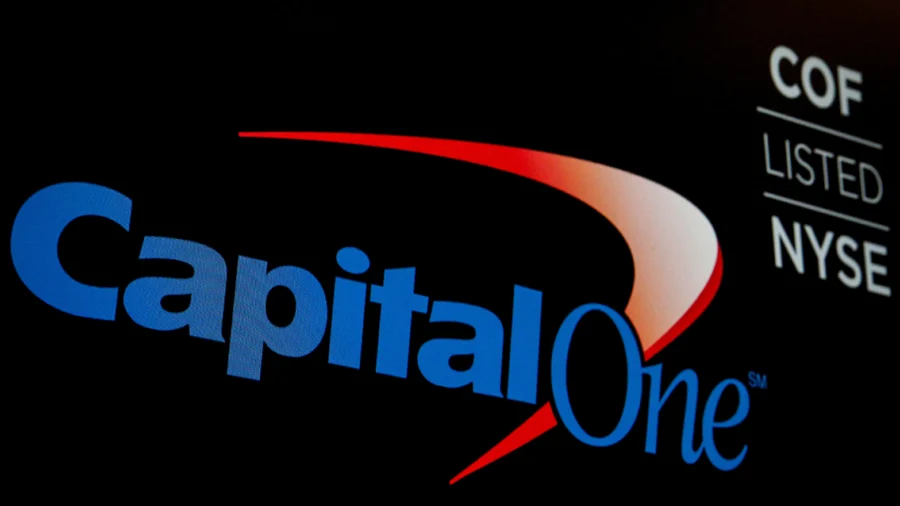
The Federal Reserve Board has given its approval for Capital One Financial Corporation’s merger with Discover Financial Services in a $35.3 billion deal, the central bank said in an April 18 statement.
The transaction involves Discover Bank merging with Capital One’s national bank subsidiary Capital One, National Association (CONA), with CONA becoming the surviving entity, according to the Fed order.
At present, Capital One is the 11th largest bank in the United States, controlling $362.7 billion in consolidated deposits, representing 2 percent of the total amount of deposits at banks in the country.
Discover is the 32nd largest bank in the nation, controlling around $107.2 billion in consolidated deposits, less than 1 percent of the total deposits at American banks.
Post merger, Capital One is set to become the eighth largest bank in the United States, with the combined entity’s deposits making up 2.6 percent of total deposits in U.S. banking institutions, said the order.
Discover and Capital One are also major players in the U.S. credit card market. As such, the merged entity is expected to exhibit an even stronger presence in the credit card industry.
The Federal Reserve Board said that before approving the deal, it evaluated the merger application based on various factors such as “the financial and managerial resources of the companies, the convenience and needs of the communities to be served by the combined organization, and the competitive and financial stability impacts of the proposal.”
The board also entered into a consent order with Discover, assessing a fine of $100 million on the entity for overcharging certain fees to customers between 2007 and 2023.
Discover has already terminated these practices and is paying back the collected fees to affected customers, the Fed said.
“As a condition of the Board’s approval of the merger application, Capital One has committed that it will comply with the Board’s action against Discover, including remediation requirements.”
On Friday, the Office of the Comptroller of the Currency (OCC) also announced it has conditionally approved the merger.
According to an April 18 statement from Capital One, all required regulatory approvals needed to complete the merger transaction have now been received.
The transaction is expected to close on May 18, provided that customary closing conditions are satisfied.
Michael Shepherd, president of Discover, said the merger “will increase competition in payment networks, offer a wider range of products to our customers, increase our resources devoted to innovation and security, and bring meaningful community benefits.”
Bad for Competition?
Nonprofit group Better Markets criticized the Fed and OCC’s decision to approve the Capital One–Discover merger deal.
The merger “is going to cost consumers and endanger financial stability. It will reduce competition, provide less consumer choice, enable higher fees and costs for consumers, and cause job losses,” said Shayna Olesiuk, director of banking policy at the group.
In the Fed order, the agency said it had received over 6,000 comments on the merger from individuals and organizations, with some supporting while others opposing the transaction.
Critics raised the issue of potential reduction in competition in the financial services industry and risks to U.S. financial stability.
Those who supported the transaction said the merger would benefit communities due to the “increased resources and services” provided by the combined entity.
“Commenters commended both CONA and Discover Bank for their commitment to local communities and described favorable experiences related to small business, community development, affordable housing, and community investment programs. Commenters also asserted that the proposal would increase competition among card payment networks.”
“Commenters, including the banks’ customers, also stated that officers and employees of both banks frequently provide high-quality customer service and support for individuals and small businesses,” said the order.
As to the issue of reduced competition, the Fed said the Department of Justice had conducted a review on the issue, concluding that “the proposal does not warrant an adverse comment.”
The Federal Reserve Board thus decided the merger “would not have a significantly adverse effect on competition or on the concentration of resources in any relevant market.”
Under the terms of the merger, Discover shareholders will receive 1.0192 Capital One shares for each Discover share.
In February this year, the majority of shareholders of both Capital One and Discover voted in favor of the transaction.


